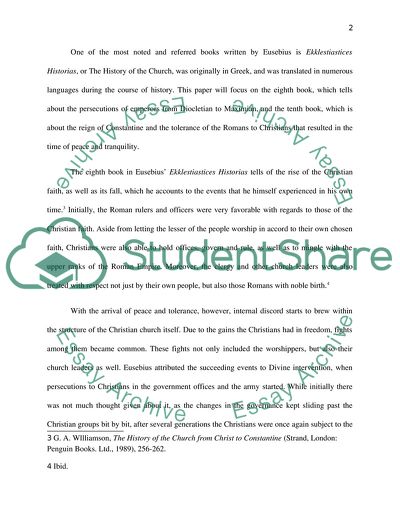Cite this document
(Eusebius and the History of the Church Term Paper Example | Topics and Well Written Essays - 1500 words, n.d.)
Eusebius and the History of the Church Term Paper Example | Topics and Well Written Essays - 1500 words. https://studentshare.org/religion-and-theology/1777772-eusebius
Eusebius and the History of the Church Term Paper Example | Topics and Well Written Essays - 1500 words. https://studentshare.org/religion-and-theology/1777772-eusebius
(Eusebius and the History of the Church Term Paper Example | Topics and Well Written Essays - 1500 Words)
Eusebius and the History of the Church Term Paper Example | Topics and Well Written Essays - 1500 Words. https://studentshare.org/religion-and-theology/1777772-eusebius.
Eusebius and the History of the Church Term Paper Example | Topics and Well Written Essays - 1500 Words. https://studentshare.org/religion-and-theology/1777772-eusebius.
“Eusebius and the History of the Church Term Paper Example | Topics and Well Written Essays - 1500 Words”. https://studentshare.org/religion-and-theology/1777772-eusebius.


